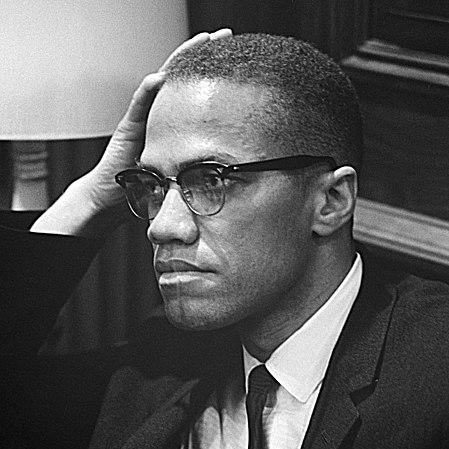Exclusion from Impactful Participation in Decision-Making
Exclusion from impactful participation in decision-making is a core issue within environmental justice, particularly for marginalized communities. These communities often face disproportionate exposure to environmental hazards—such as pollution, toxic waste, and unsafe living conditions—yet they are frequently excluded from the very processes that determine how to address these issues. Historically, decisions regarding land use, industrial developments, and environmental policies have been made without adequate consultation or meaningful input from the people most affected. This exclusion perpetuates inequality and often leads to outcomes that prioritize corporate or governmental interests over public health and environmental sustainability.
From an environmental justice perspective, true equity in decision-making means empowering those who have been most affected by environmental harm to not only have a seat at the table but to have a genuine voice in shaping the policies and solutions that impact their communities. This requires systemic changes to ensure transparent, accessible, and culturally sensitive processes that allow underrepresented groups—particularly communities of color, low-income residents, and Indigenous peoples—to participate meaningfully. Addressing this imbalance is critical not just for creating more just environmental policies, but for building a more resilient and equitable future for everyone.

“Sitting at the table doesn’t make you a diner. You must be eating some of what’s on that plate.”
Malcolm X

“The politics of today is continuous with the past that made it, marked by the struggles that have never really ended, only ebbed, shifted, and returned.”
Eric Foner

“Indigenous communities opposing existing and proposed gas and oil pipelines emphasize their lack of control over their own lands, including: treaty rights to natural resources, the distribution of benefits and costs of development on their land, and their own safety and autonomy.”
Right to Self-Determination
The right to self-determination is essential in environmental justice, as it empowers marginalized communities to reclaim sovereignty over their lands and resources—whether through the Land Back movement, securing traditional environmental practices, or preparing for extreme weather events. By ensuring these communities can guide their own responses to environmental challenges, we honor their knowledge and resilience, creating pathways to sustainable and just futures.
- Land Back
- Securing Traditional Environmental Practices
- Extreme Weather Events
Fair Implementation, Enforcement & Evaluation of Public Policies
Fair implementation, enforcement, and evaluation of public policies are vital to environmental justice, as they ensure that laws designed to protect communities are applied equitably, without bias or neglect. This requires holding policymakers and institutions accountable to marginalized groups, ensuring their needs are prioritized in environmental protections and that the impact of these policies is consistently assessed to address disparities.
Civil Rights & Voting Rights
Civil rights and voting rights are foundational to environmental justice, as equitable redistricting ensures that marginalized communities have fair representation in decision-making processes. Moreover, advancing disability justice and recognizing the rights of incarcerated individuals are crucial for creating inclusive policies that reflect the diverse needs of all community members, empowering them to advocate for their environmental and social well-being.
- Equitable Redistricting
- Disability Justice
- Rights of the Incarcerated


















